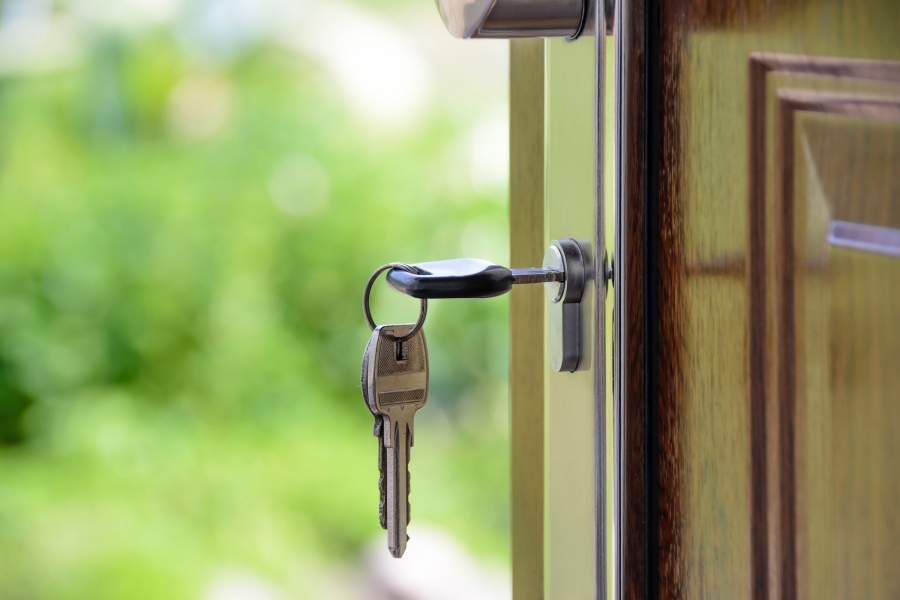Nothing quite prepares you for the financial hit of moving into your first home. Of course, there is the money that comes from putting down the deposit, paying for your mortgage and transferring your solicitor fees. However, that is really only the beginning. After that, there are bills that need to be paid. There is gas, water and electricity which you now need to manage. And let’s not forget that your new home will probably need furniture and decor too, all of which is a huge priority when you have just landed on the property ladder. This all makes moving into your first house incredibly expensive, particularly for young buyers who are unlikely to have as great a financial safety net as older homeowners. To help, we have pulled together some expert advice about how to ease the burden for first-time buyers. These useful tricks and tips will help to cut costs where possible when you first move into your house.
Save money on your shopping
Transforming your new house into a comfortable, relaxing home is not a short-term project by any means. Many buyers say that it takes them at least two years before they feel their home looks the way they want it to. Although it is very tempting, new homeowners should not rush to fix every little flaw; there are some things you are just going to have to live with for a while. There are basics that every house should have when you first move in though: a sofa on which to sit, for instance, and a unit on which to put your television; a bookshelf to house your most treasured items, for example, and a nest of tables on which to place beverages. Being a very expensive time, you might want to avoid purchasing these from luxury home stores and browse, instead, on a platform like Facebook Marketplace. Alternatively, you can find a lot of good deals in your local charity shop—not to mention the added bonus of shopping eco-friendly, as charity shops “reduced carbon CO2 emissions by around 6.9 million tonnes,” according to Fundraising.
Be conscious about your gas and electricity
Gas and electricity can be among the biggest expenses when you first move into a new home. Utility Bidder's research shows that you can begin reducing your costs by switching off electrical appliances at night. Over the course of eight hours, leaving a mobile phone on charge, for instance, can cost about £1.83. Leaving your laptop on, meanwhile, can cost as much as £18.25. Powering down is not enough either; you need to flick the off switch. Keep windows and even internal doors closed as well, so that the warm air stays in and the cold air stays out. In the longer term, invest in LED lighting for a big hit to electricity costs. Moving into a new home at the height of winter is when this advice becomes most crucial. During these months, Provident Personal Claims estimates that “18% of people cannot afford to pay their bills”. It will be even harder to pay for gas and electricity when you have all the additional costs of moving into your first home alongside it.
Keeping your house in order on a budget
Sometimes a lick of paint goes a long way when you move into a new home. It will cover up some wear and tear that has accumulated over the years. Rather than paying painters or decorators, some young homeowners have decided to throw decorating parties where friends and family can come and help them tidy up the house. Paint and pizza parties are a fun, or at least less painfully, way of sprucing up your new home. It allows everyone to chip in and thereby offsetting the cost of a commercial cleaning firm. They can bring along any extra paint they have, share opened cleaning products that might need using and much more. This can help financially-deprived new homeowners make even further savings as they don’t need to invest money into additional cleaning or decorating products.








